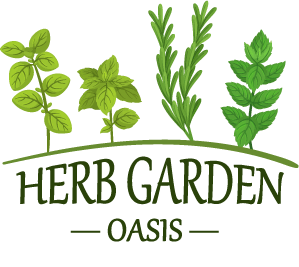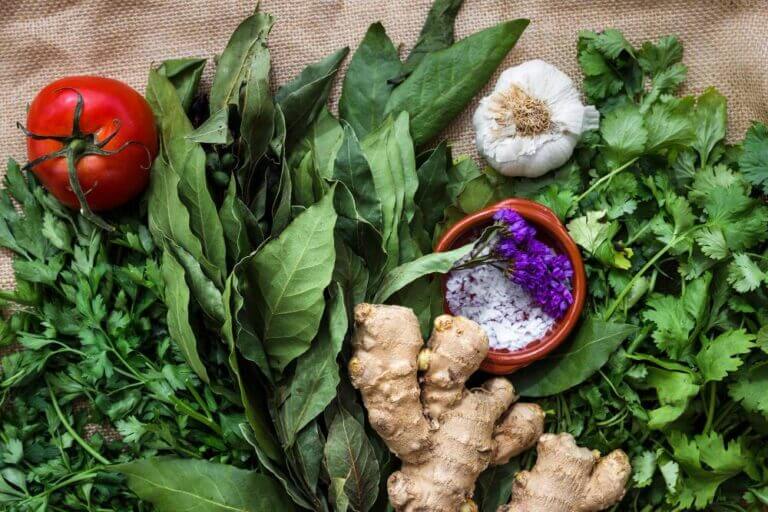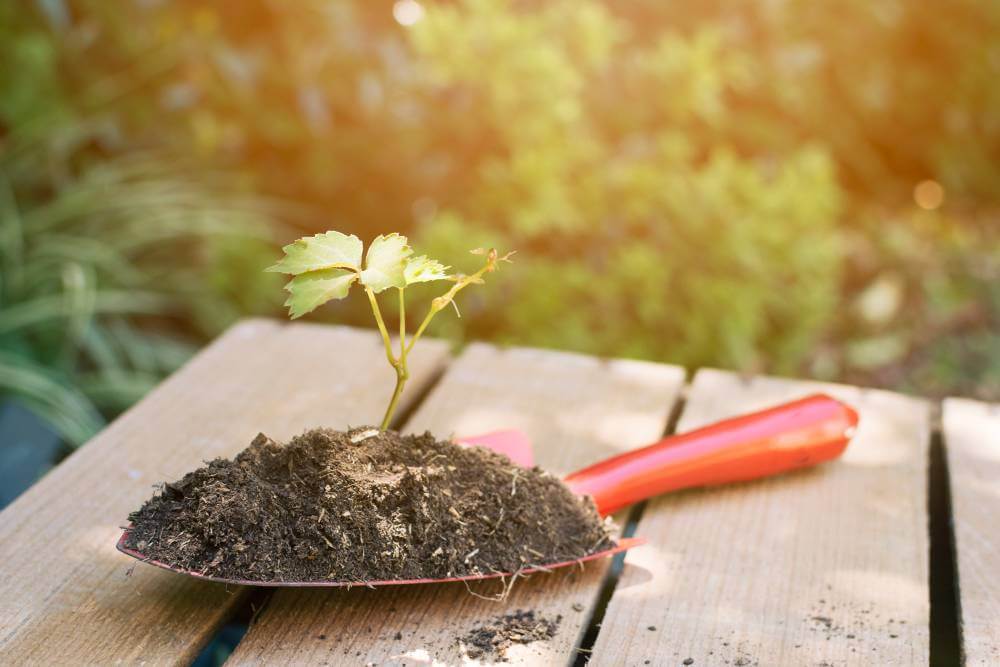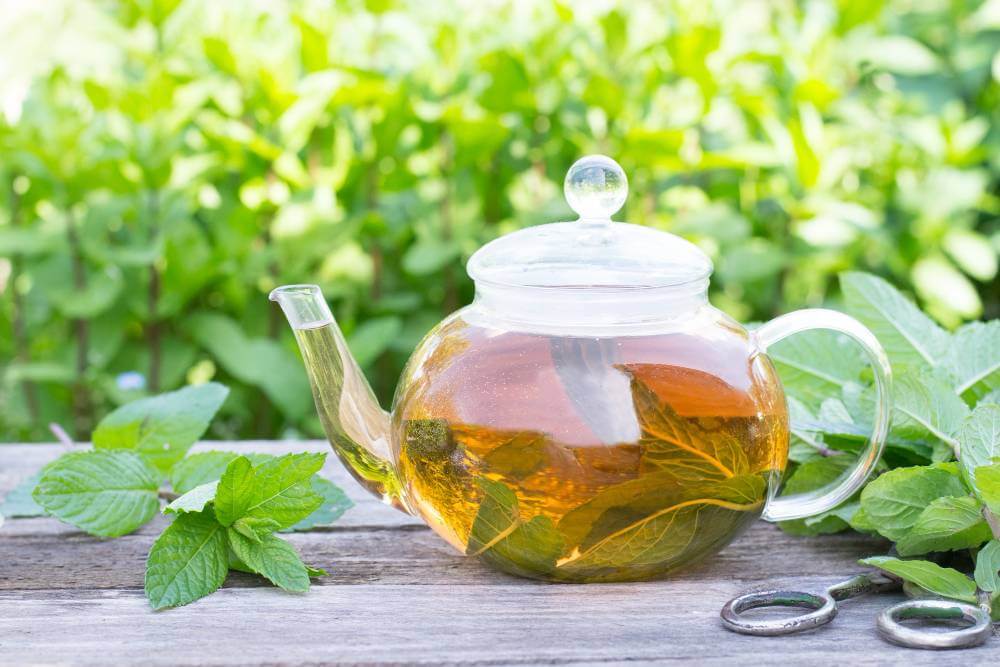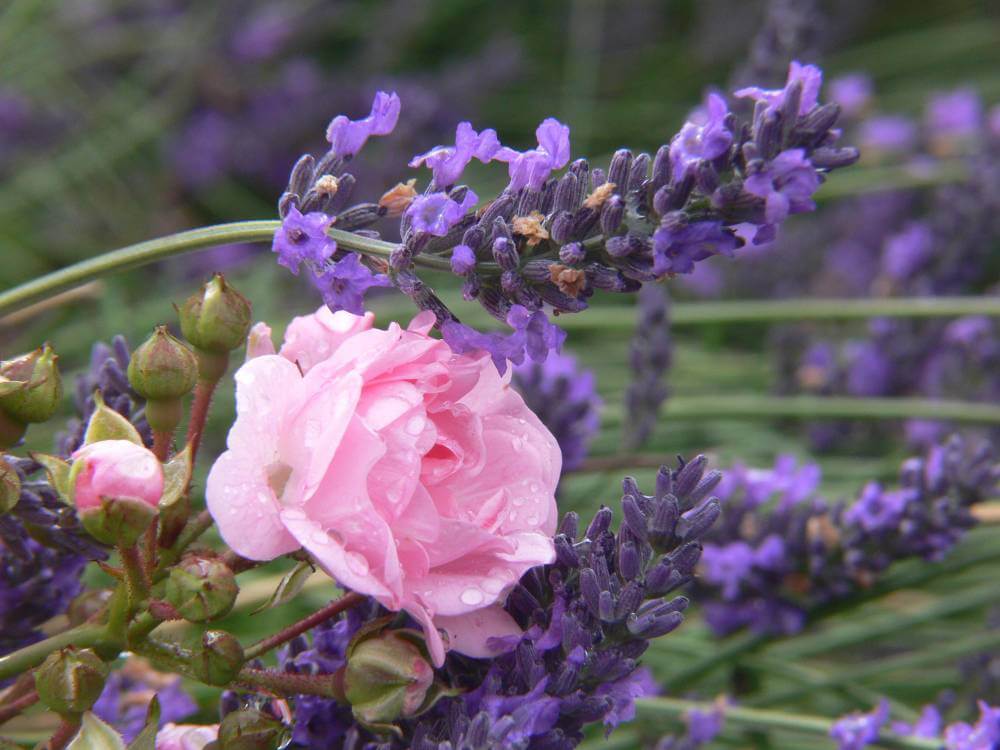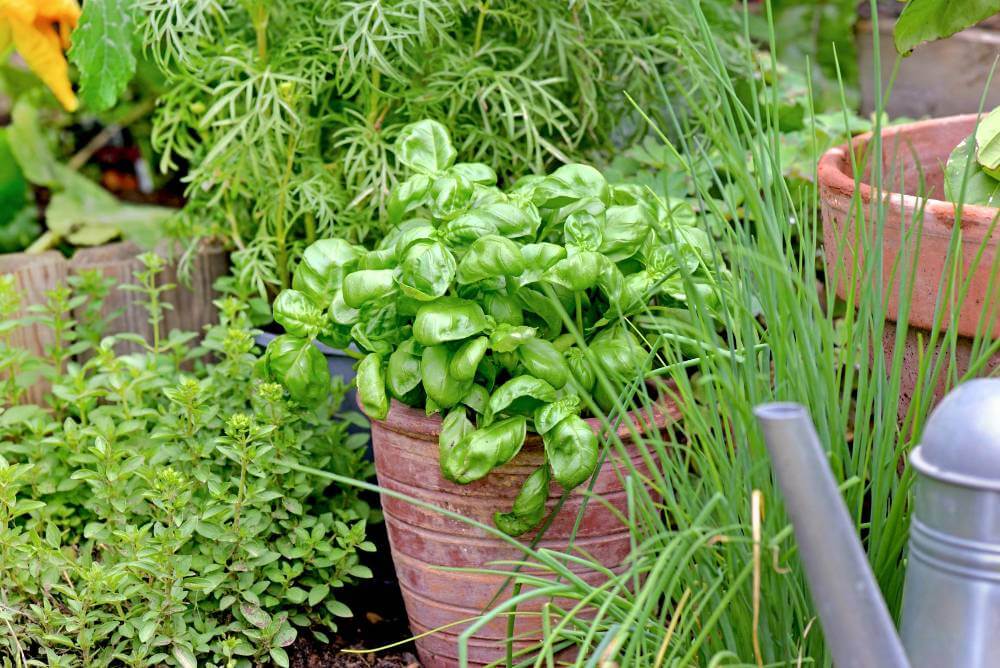Hello, wellness enthusiasts! Today, we’re diving deep into the world of herbs that not only make your garden a lush oasis but also boost your digestive health. Growing these herbs can be a delightful journey toward nurturing both your garden and your gut. So, let’s explore how you can harness the power of nature from the comfort of your home to promote a healthy digestive system and beyond.
Why Herbs for Digestive Health?
Integrating herbs into your diet can be a gentle and effective way to enhance digestive functions. These plants are packed with compounds that can aid in everything from reducing bloating to improving nutrient absorption. Plus, they’re an all-natural option to support other aspects of your health, such as reducing inflammation and calming the nerves.
Mint: The Cooling Digestive Aid
Mint is incredibly vigorous and can grow in partial shade to full sun. It prefers moist, well-drained soil. To prevent it from overtaking your garden, consider planting it in containers or confined spaces.
Mint, particularly peppermint, is fantastic for the digestive system. It helps relieve symptoms of indigestion and irritable bowel syndrome (IBS) due to its antispasmodic properties, relaxing the muscles of the digestive tract. Additionally, mint can alleviate nausea and reduce abdominal bloating.
For digestive relief, peppermint tea is the most effective. Steep fresh or dried leaves in boiling water for about 10 minutes. Drinking this tea after meals can aid digestion and soothe stomach discomfort.
Ginger: The Root of Digestive Wellness
Plant ginger by burying a piece of ginger root in well-draining potting soil in a pot. Keep it in a warm, slightly shaded spot. Ginger enjoys humidity and regular, light watering.
Ginger is renowned for its ability to ease nausea and vomiting, particularly in pregnancy and after chemotherapy. It also speeds up stomach emptying, which is beneficial for people with indigestion and related stomach discomfort.
Use ginger in cooking or make tea by simmering fresh ginger slices in water for 15-20 minutes. Ginger tea is especially beneficial before or during meals to aid digestion and prevent bloating.
Fennel: The Gentle Soother
Fennel can be grown from seeds and prefers a sunny location with fertile, well-drained soil. It grows best when given ample space to develop its bulb.
Fennel is excellent for calming the stomach, reducing gas, and alleviating bloating. Its seeds contain anethole, which acts as an antispasmodic and anti-inflammatory agent within the digestive tract.
Chew on a few fennel seeds after meals or brew them into a tea. To make fennel tea, crush a teaspoon of seeds and steep in boiling water for 10 minutes. This can help relax the digestive system after eating.
Chamomile: More Than Just a Bedtime Ritual
Chamomile thrives in cool conditions and should be planted in part shade with well-drained soil. It’s relatively low-maintenance and can even be grown in pots.
While commonly known for its calming effects on the mind, chamomile also soothes the stomach and can help reduce symptoms of acid reflux, making it a wonderful herb for overall digestive health.
Chamomile tea is best consumed in the evening to relieve digestive discomfort and help with sleep. Steep dried chamomile flowers in hot water for about 5 minutes for a soothing effect.
Dandelion: The Digestive Tonic
Dandelion grows almost anywhere but prefers full sunlight and well-drained soil. It’s often found growing wild but can also be cultivated in gardens or containers.
Dandelion greens stimulate appetite and help digestion. They also have diuretic properties which help to detoxify the liver, promoting overall gut health.
Young dandelion leaves can be eaten raw in salads, while roots can be dried and steeped to make tea. Boil the roots for 5-10 minutes to create a robust, earthy tea that aids digestion.
Creating Your Own Herbal Remedies
Experimenting with these herbs by combining them can create potent remedies tailored to your specific health needs. For instance, a tea blend of mint, ginger, and chamomile can be a powerhouse for easing various digestive issues while also calming your mind before bedtime.
Each person’s body reacts differently to herbal treatments, so it’s important to try various combinations and preparations to discover what works best for you. Start with small doses, particularly with potent herbs like ginger and dandelion, and observe how your body responds.
Optimizing Digestive Health: Integrating Herbs into Your Routine
Improving your digestive health is essential for overall wellness, and incorporating herbs can significantly enhance this process. Here are some refined strategies that include herbal remedies to support your digestive system:
Stay Hydrated with Herbal Infusions
Hydration is crucial for digestion. Enhance your intake by drinking herbal teas such as peppermint or ginger tea. These not only increase your fluid intake but also bring their digestive benefits.
Balance Your Diet with Herbal Flavors
Incorporate a variety of fiber-rich foods and enhance them with herbs that promote digestion. Adding fresh basil or fennel seeds to your meals can aid in digestion and enhance flavor. Fennel is particularly effective in reducing gas and bloating, while basil can help with acid reflux symptoms.
Include Probiotics and Prebiotics
Boost your gut health with probiotics and support them with prebiotic-rich herbs like dandelion greens. These can be added to salads or brewed into tea, providing nourishment for beneficial gut bacteria and promoting overall gut health.
Regular Exercise and Herbal Relaxation
Pair regular physical activity with relaxation techniques that incorporate herbs. After exercise, consider a relaxing bath infused with lavender or chamomile, which not only soothes sore muscles but also calms the mind, reducing stress that can impact digestive health.
Limit Heavy Foods and Enhance Meals with Digestive Herbs
While moderating fatty foods, enhance your meals with herbs like rosemary and turmeric. Rosemary can help stimulate digestion and improve gallbladder function, while turmeric reduces inflammation throughout the digestive tract.
Manage Stress with Aromatic Herbal Practices
Stress management is vital for digestive health. Incorporate aromatherapy practices using essential oils from herbs like lavender or chamomile, which can help reduce stress and its negative effects on your digestion. Using these oils in a diffuser or adding a few drops to a bath can provide calming benefits.
Mindful Eating with Herbal Assistance
Eat slowly and chew thoroughly, incorporating herbs like mint or ginger into your meals or beverages. These herbs not only aid digestion but also enhance the sensory experience of eating, encouraging more mindful meals.
By integrating these herbal practices into your daily routine, you can support and enhance your digestive system in a natural, enjoyable way. Each step not only contributes to a healthier gut but also to an overall sense of well-being, connecting you more deeply with nature’s solutions.
Recap: Grow, Brew, and Enjoy!
Embarking on the journey of growing and using herbs for your digestive health is not just about addressing discomfort – it’s about creating a deeper connection with nature and understanding the rhythms of your own body. These herbs provide a foundation for both novice and experienced gardeners to cultivate health right in their backyards.
Remember, the path to wellness is personal and filled with blooms and leaves along the way. Explore, experiment, and enjoy the process of nurturing your garden and your gut health.
For more tips and tricks on herbal gardening and natural health practices, keep following my blog. Happy gardening, and here’s to your health!
